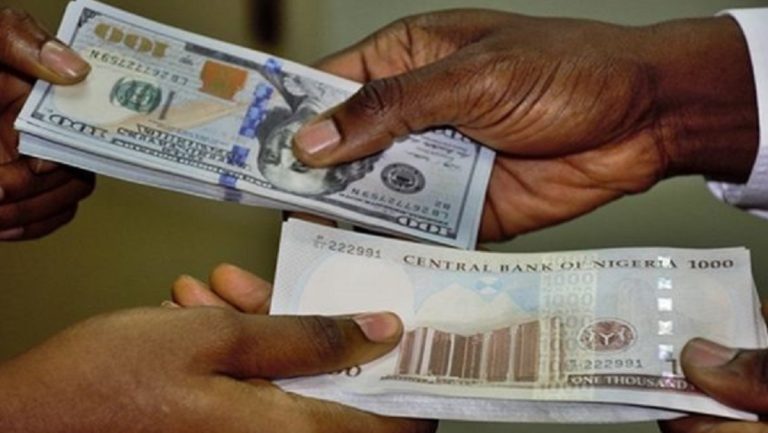The Central Bank of Nigeria this week sold up to 86 million dollars in the spot market in its first sale of dollars in the market since September 2023.
According to reports, it is the latest in a series of attempts to stabilise the Naira. The Apex Bank had also previously removed the cap on the spread between buying and selling prices at the inter-bank foreign exchange market, a move aimed at achieving a market-driven exchange rate system.
In a recent interview with News Central TV, Oladipo Ajayi, the Head of Fixed Income and FX at Chapel Hill Denham, shed light on the Central Bank’s strategic approach towards ensuring an unfettered foreign exchange (FX) market. Ajayi underscored the importance of boasting a market environment where trading occurs without constraints, thereby promoting liquidity and efficiency.
He stated, “The market still lacks liquidity. People continue to offer high rates, exceeding 1,500, due to the absence of rate limits. With demand and supply present, buyers are inclined to purchase from these elevated levels.”
Among these strategies was the removal of the cap on the spread between buying and selling prices at the inter-bank foreign exchange market, signaling a shift towards a market-driven exchange rate system.
Notably, the Naira exhibited strength against the dollar in the official market this week, accompanied by a substantial increase in forex turnover.
While liquidity remains a concern, the Central Bank’s re-entry into the market after a hiatus of nearly five months signifies a positive development. This intervention facilitates direct transactions between banks and the Central Bank, fostering market stability.
The trajectory towards a market-driven forex system represents uncharted territory for Nigeria. Previously, the market operated under the Wholesale Dot Auction System (WDAS) and the Retail Dot Auction System (ARDAS). These systems, focused on regulating allocations, contrast with the current push for a more dynamic, market-oriented approach.
The Central Bank’s overarching goal is to restore order to the market, attract investment, and ultimately transition towards a managed floating system. Intermittent interventions will be employed to manage Naira valuations, ensuring a balanced exchange rate regime.
Meanwhile, Nigeria’s partnership with the United Kingdom underscores a broader trend of international engagement aimed at boosting economic ties. The recently signed trade and investment partnership signals a mutual commitment to enhancing bilateral relations, with a focus on trade, education, infrastructure, and job creation.
This collaboration reflects a growing recognition of Africa’s potential as a hub for economic growth and development. As global powers increasingly turn their attention to the continent, opportunities abound for meaningful partnerships that leverage Africa’s abundant resources and human capital.
In essence, Nigeria’s economic landscape is undergoing a transformative shift, characterised by strategic reforms and international collaborations. As the Central Bank steers the forex market towards stability and transparency, and partnerships with global players deepen, the stage is set for a new era of prosperity and growth.


